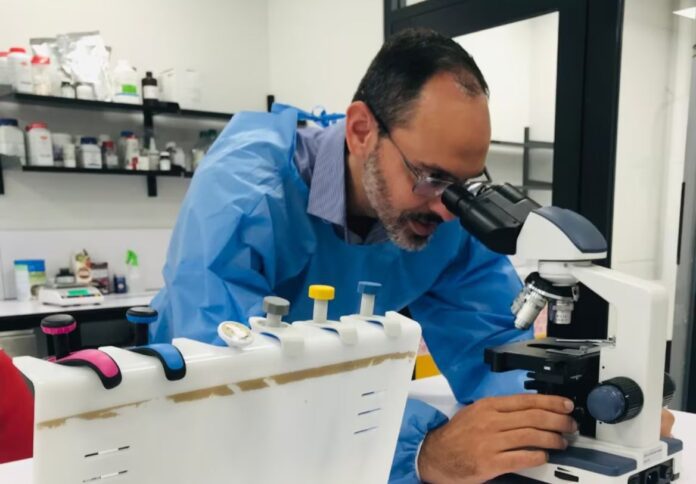
A University of Sydney honorary researcher has developed an omega-3 supplement made from environmental bacteria to address the increasing demand amid diminishing supply from fish stocks.
Developed through a collaboration between academia and industry, BiomeMega does not derive its fatty acids from fish, unlike most other omega-3 supplements in the market.
The product’s novel approach includes the use of advanced precision fermentation to elaborate omega-3 oils composed of wild bacterial extracts, some of which have been discovered in Australian soil and waters before laboratory domestication.
Dr Gustavo De Cerqueira, chief executive officer of BiomeMega and a resident member at the Sydney Knowledge Hub, led the research on the supplement.
According to De Cerqueira, generating extracts containing Omega-3 fatty acids from marine and soil bacteria has long been a major goal in order to alleviate the impact of overfishing.
Omega-3s consist of fatty acids called docosahexaenoic acid (DHA) and eicosapentaenoic acid (EPA) and are recommended to prevent heart diseases, high blood pressure and rheumatoid arthritis.
The Omega-3 market currently sees a 4 per cent growth annually and the increasing demand is currently fulfilled by increased fishing activities, resulting in over 100 million tonnes of fish caught for this purpose per annum globally.
De Cerqueira said the unique process they have discovered is intended to unlock previously inaccessible omega-3s from lactic acid bacteria through a precision-based approach to delivering the supplement to where omega-3 is needed in the human body.
“So far, we have generated substantial results in collaboration with academia and industry, and we have obtained key patents and trademarks that include animal models, in vitro realistic tests, and strong bioinformatic analyses (the analysis of biological data), that will next support our vision of using AI to produce even more robust bacterial omega-3s,” said Paul Montgomery, chairman of BiomeMega.
The research team is focusing on raising capital to test the product for nutraceutical and therapeutic use. The BiomeMega team will also continue to conduct research with the University of Sydney and other academic partners to pass regulatory requirements and launch a market-ready product in the next four years.












